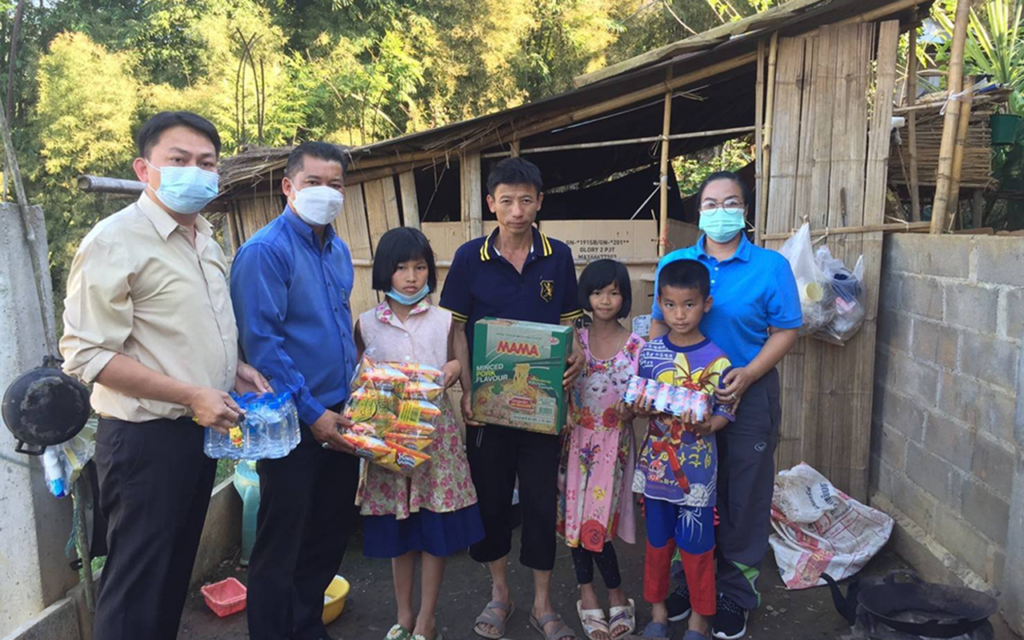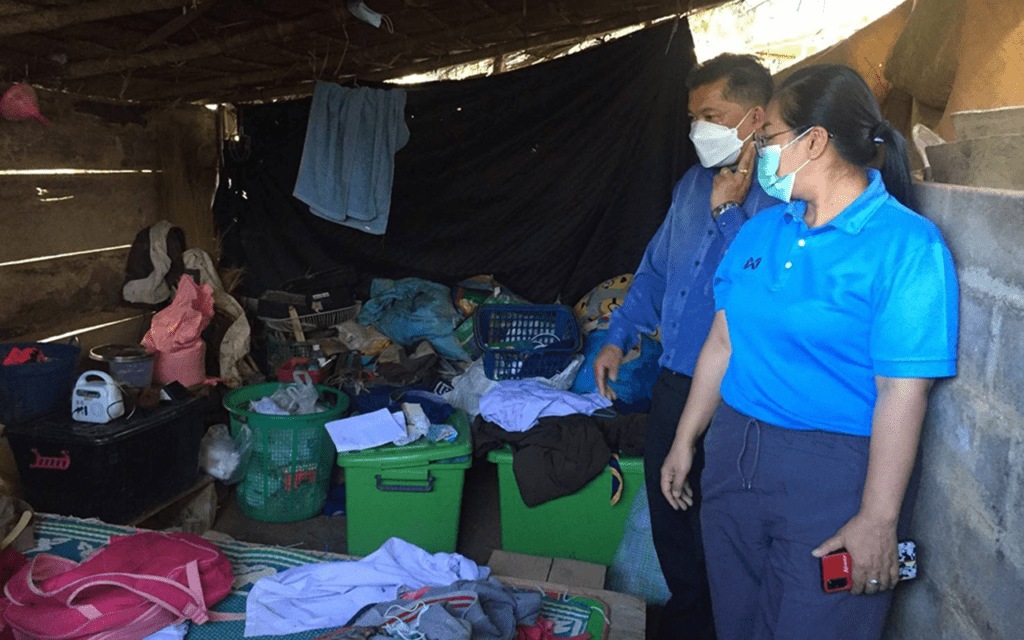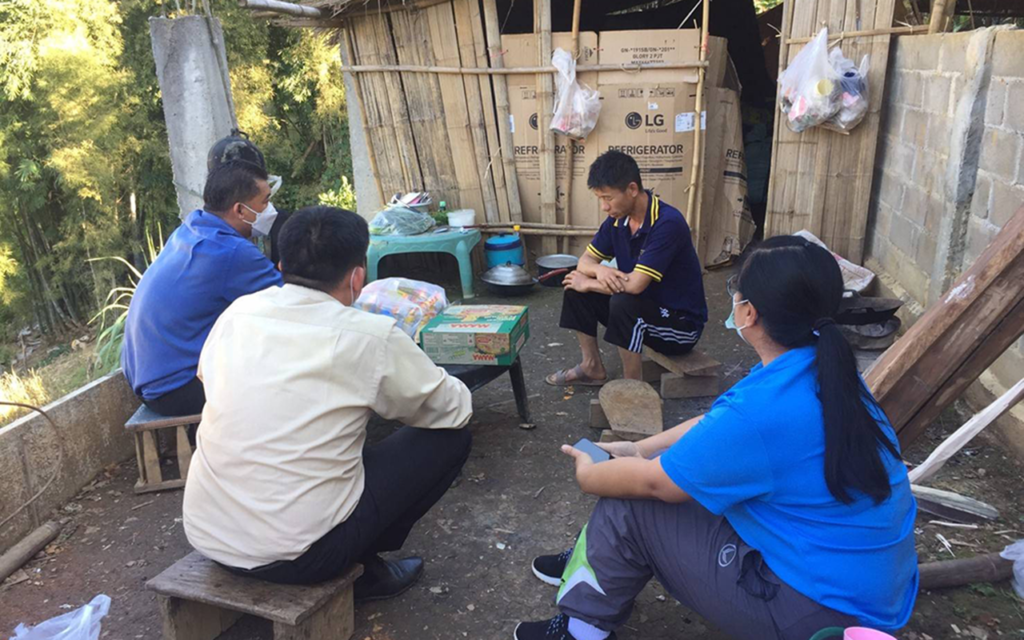ADRA Canada Helps Protect Girls in Thailand
Initiative in rural communities helps families to be better off and avoid trafficking risks.
January 18, 2023 | Thailand | ADRA Canada, and Adventist Review
For some villages in the northern region of Thailand, modern amenities are inaccessible. People in these villages often struggle to maintain a decent quality of life. Thantong is one such village. Located in Maengen, Chiangsean district, Chiang Rai province, Thantong sits near the Thai-Laos border, about 30 kilometers (18 miles) from the Chiangsean District Office. The remote location of this village translates often to harsh conditions that are ripe for exploitation.
A young girl from this village was rescued from exactly this kind of situation by the Adventist Development and Relief Agency (ADRA) Keep Girls Safe Project. Having been neglected by her parents, and with no other relatives to take care of her, the girl was forced to live on her own, which quickly exposed her to risks of trafficking and exploitation. Although she is now continuing her pursuit of education after ADRA assisted her, the fight still continues to ensure equal access to education in this area and to subvert the risk of human trafficking. ADRA has been engaged in this development work for more than 13 years.

Family receives support from ADRA in Thailand. [Photo: ADRA Canada]
The Keeping Girls Safe project works to prevent children from becoming victims of sex trafficking or exploitative labor in several ways. ADRA provides equal study opportunities through subsidized scholarships to both boys and girls. In addition, the project works with schools to identify and assist students who need help to complete their basic education. This educational foundation is essential to giving children a broader range of career options that broadens their horizons and prospects.
In addition to the subsidized scholarships for education, the project also offers training activities to raise awareness on human trafficking. People in the village are sensitized to the strategies of scam artists and predators to avert future victimization. The KGS project has worked with communities regarding these issues while continually updating its information.

ADRA staff learn about living conditions in some of the poor rural areas in northern Thailand. [Photo: ADRA Canada]
ADRA met “J,”* a young girl from a family of migrants from Laos who had been living in Thantong for some time. The family does not have any land or a home. Supported by a community leader and other village members, the family lives in the village assembly hall, which is an open-use public area. The family has grown large despite the sparse accommodations, with five children in total. J’s parents have strongly held beliefs that birth control is harmful. As a result, J often misses school to care for her four siblings while her parents are at work. At times, she may accompany her parents to work at a local tea farm. Rather than being in school, J may occasionally earn anywhere from 20 to 80 Thai Baht (between US$0.60 and $2.35) per day.
After the project staff met J and found out about her living conditions, they arranged for the local school director and teacher to visit the family. These local educators were immediately concerned.

ADRA helps residents to be better off and thus helps to protect the girls in the community from exploitation. [Photo: ADRA Canada]
The Keeping Girls Safe project has provided financial support for this family in the form of 5,000 Baht (around US$146) per year to provide for their food and to ensure J can regularly attend school. J’s case has also been handed over to shelter staff for further risk assessment. J has been spared from her absolute worst prospects. But the vital work to overturn the systemic barriers that affect so many children like her in this region continues.
ADRA Canada is a supporter of the Keep Girls Safe program in northern Thailand, leaders said. “Protecting women and girls will be one of the key emphases of ADRA Canada’s ‘Year of Justice’ in 2023,” they reported.
The original version of this story was posted by ADRA Canada.